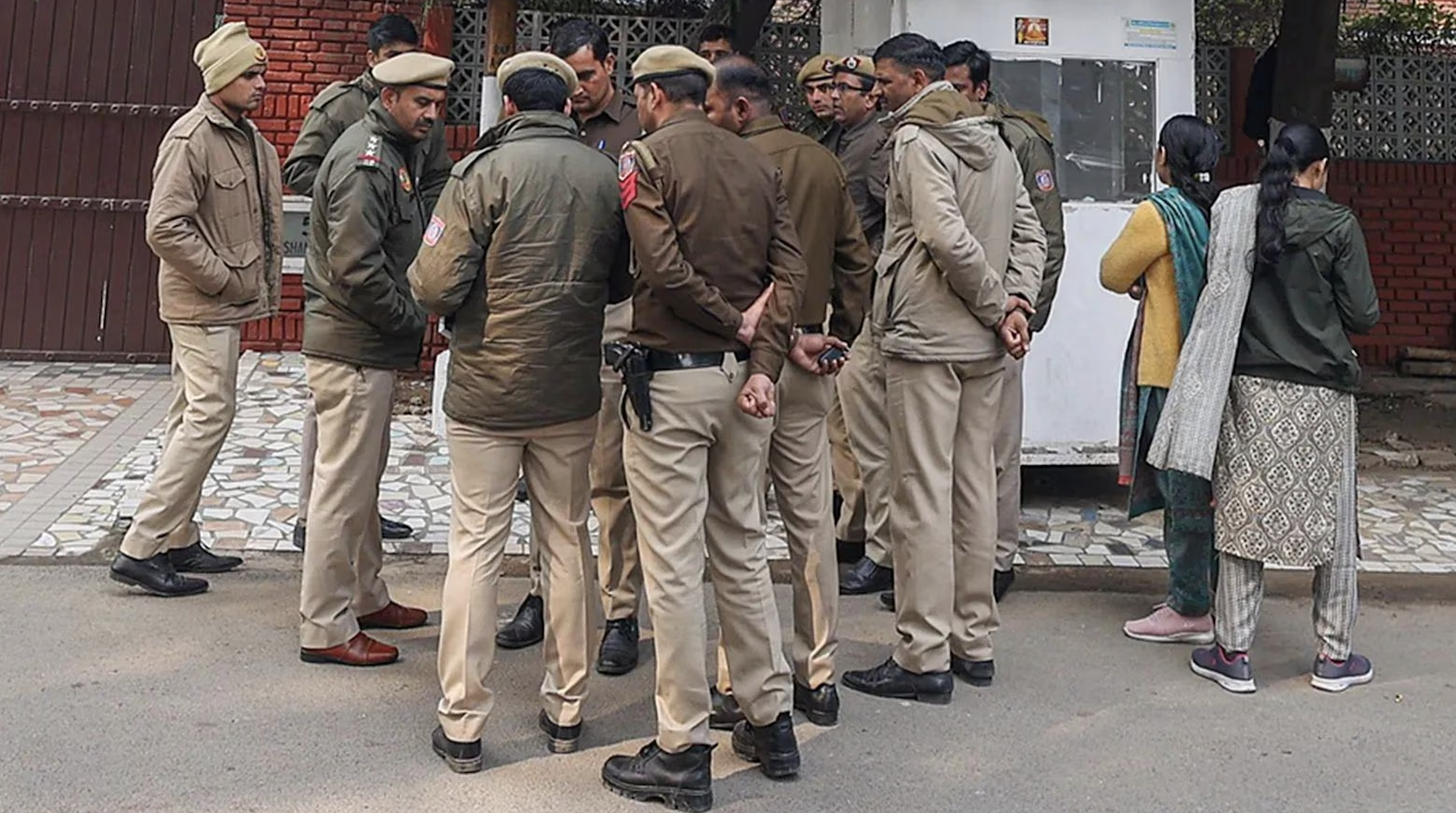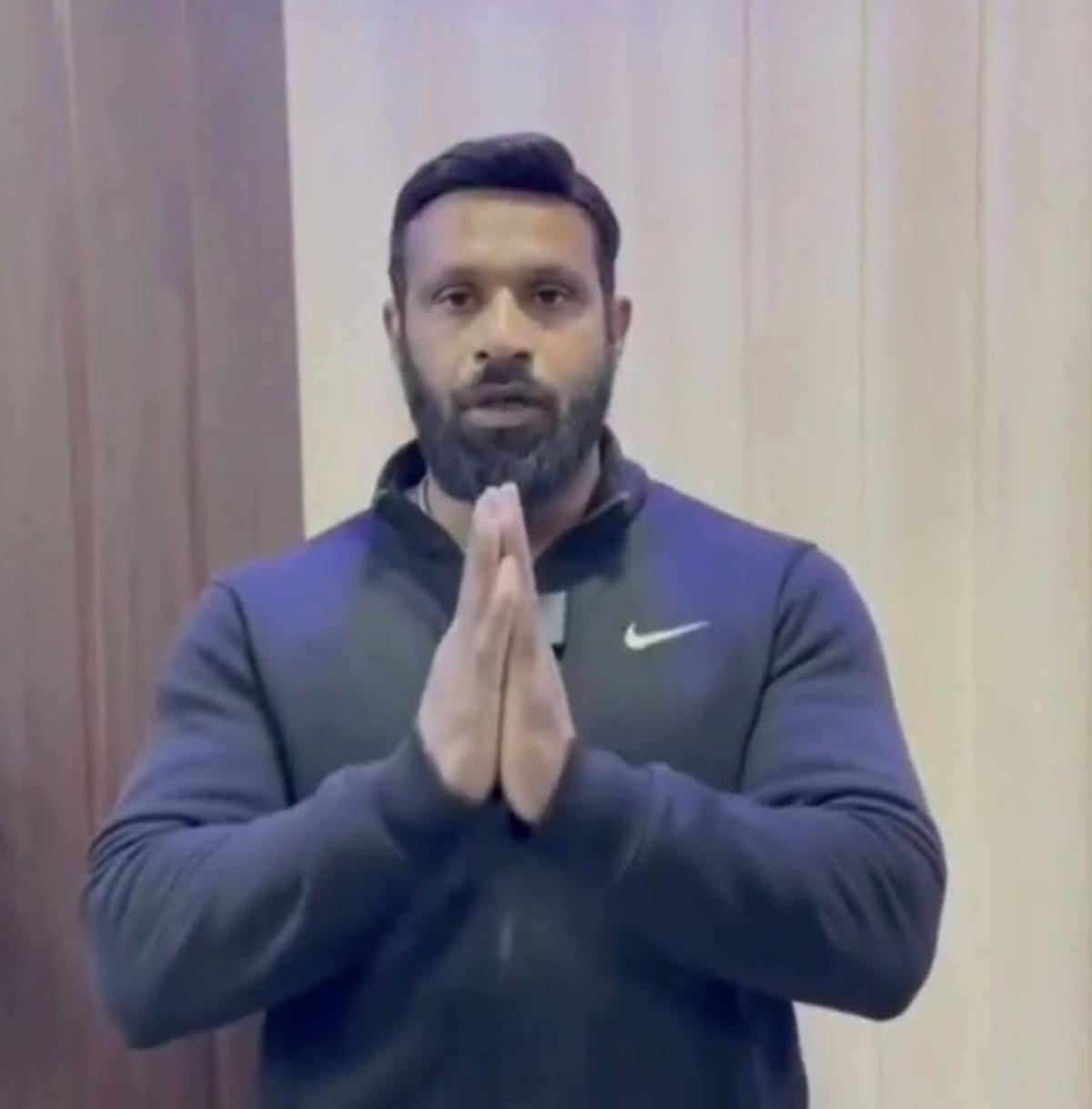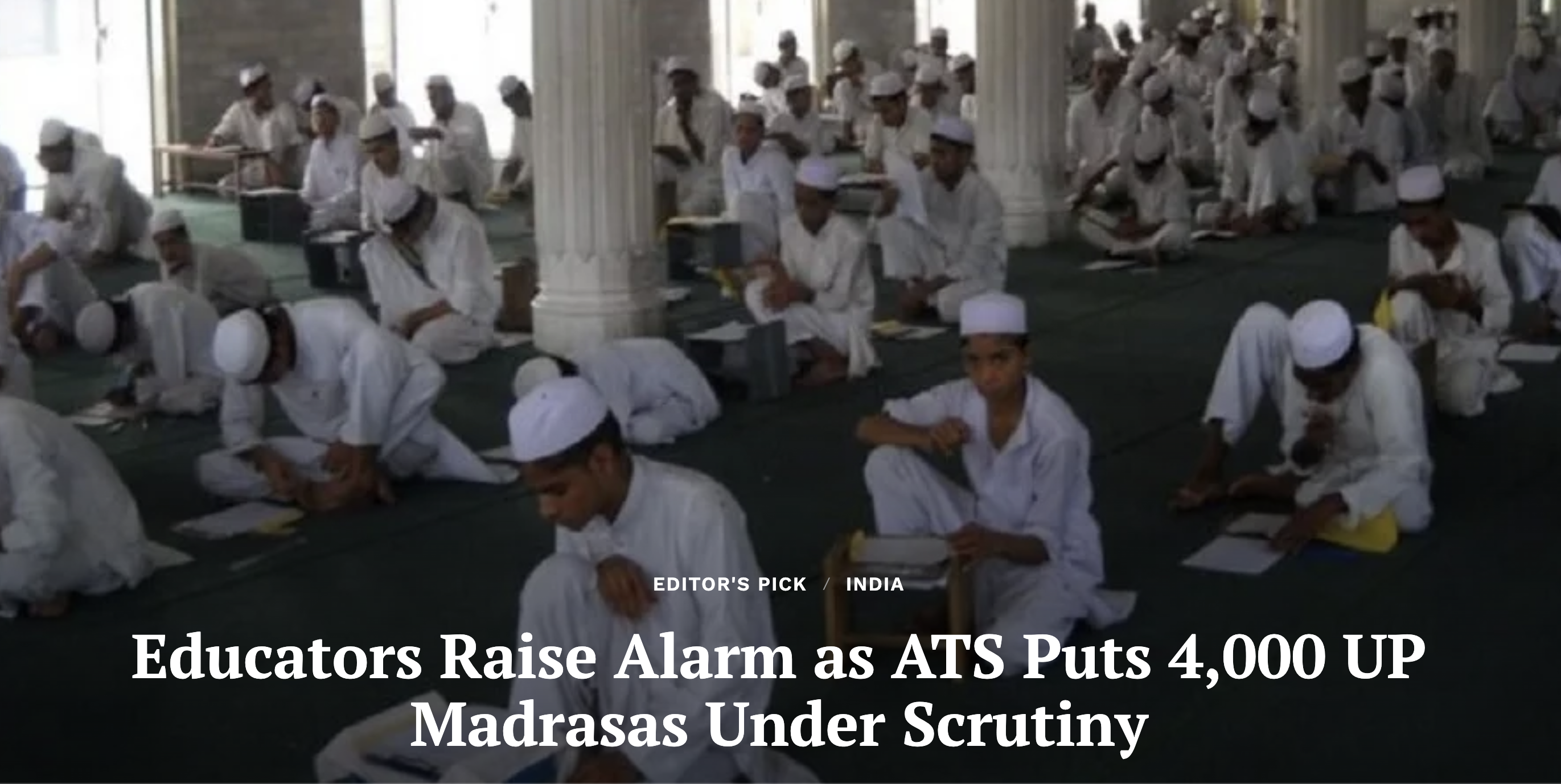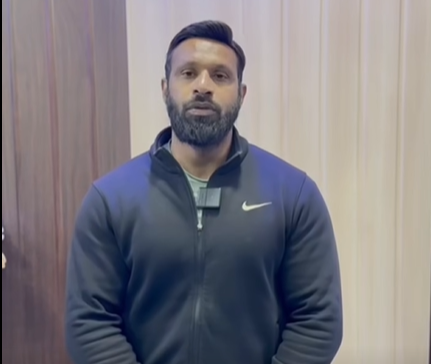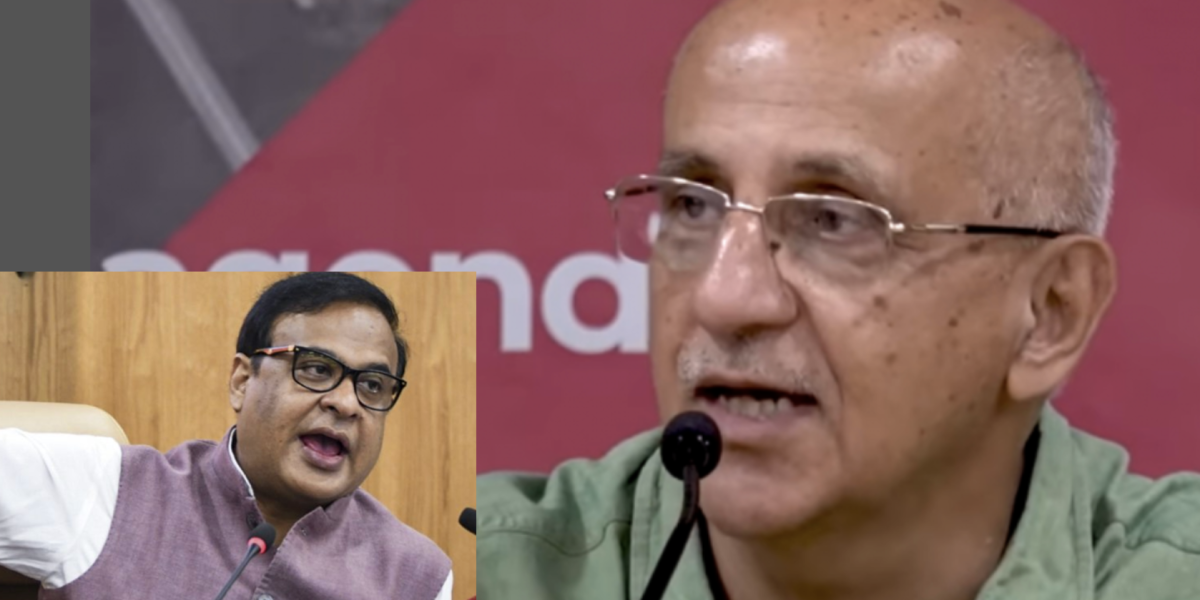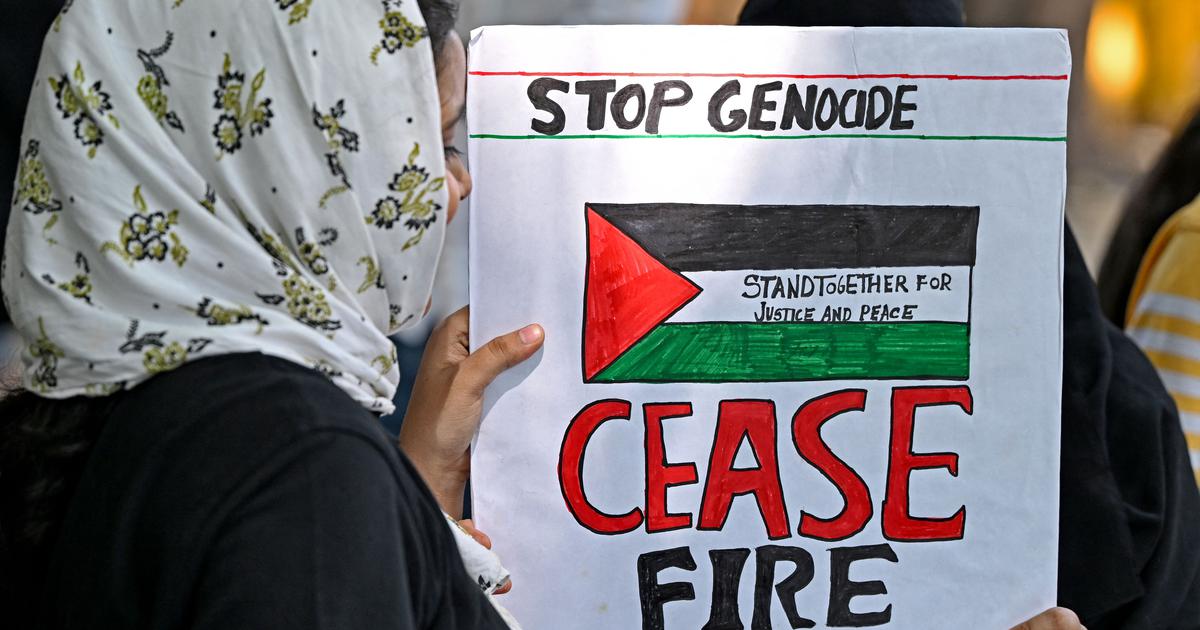
Earlier in October, the Rashtriya Swayamsevak Sangh held an event to celebrate the centenary of its founding. Around the same time, Israel’s genocidal campaign in Gaza completed its second year.
Though separated by geography, early Hindutva ideologues were admirers of the principles of Zionism on which Israel would later be founded. VD Savarkar and MS Golwalkar expressed appreciation not only for Zionism as a nationalist project but as a model of ethno-religious supremacy.
Since October 2023, the Hindutva ecosystem has transformed Gaza into a battlefield of identity politics in India. Pro-Israel hashtags such as #IndiaStandsWithIsrael and #HindusWithIsrael flooded social media, often accompanied by dehumanising portrayals of Palestinians and inflammatory messages equating Indian Muslims with Hamas.
Hindutva social media networks have emerged as major sources spreading and amplifying anti-Palestinian disinformation and fake news. Twitter (now X), Facebook and WhatsApp became echo chambers where videos of bombed hospitals and refugee camps in Gaza were claimed to be “terrorist hideouts”, while any sympathy for Palestinians was treated as a betrayal of India.
The consequences of this digital propaganda were not abstract. They shaped real-world attitudes and deepened everyday precarity for India’s Muslims. In the second half 2023, incidents of anti-Muslim hate speech rose by over 62% across India, with the majority recorded in Bharatiya Janata Party-ruled states, according to India Hate Lab. Much of this surge coincided with Israel’s invasion of Gaza and became a reference point for anti-Muslim hate.
For Indian Muslims, the Gaza war has a haunting parallel. Expressing solidarity with Palestinians today comes at a crushing personal and political cost. Muslim students and journalists who posted pro-Palestine messages online have been suspended, interrogated or doxxed by Hindutva vigilantes.
Solidarity protests have been denied permission or dispersed under the pretext of “maintaining law and order.” Even symbolic gestures – the keffiyeh, the Palestinian flag emoji, a line of prayer – are perceived as acts of subversion.
This story was originally published in scroll.in. Read the full story here.


